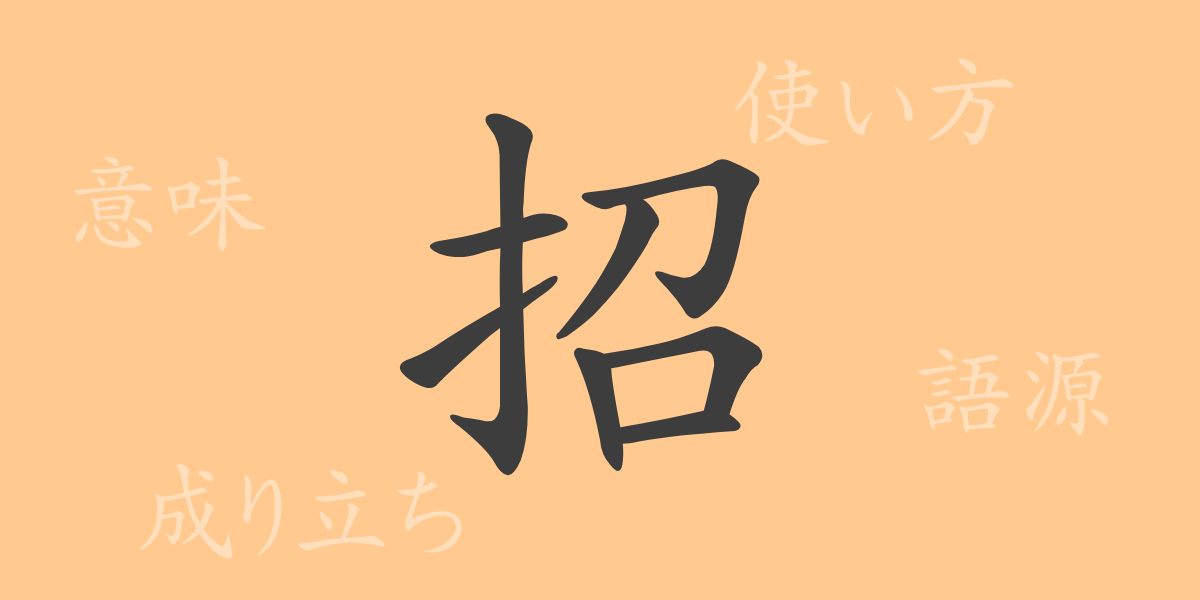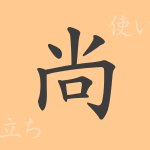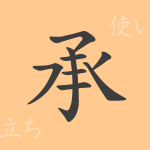The beauty of the Japanese language is reflected in its unique characters, each with its own personality and history. The kanji ‘招’ (ショウ) is particularly intriguing and deeply ingrained in our daily lives. This article delves into the origins, meanings, usages, and the role of ‘招’ in Japanese culture.
Origins of 招 (ショウ)
The kanji ‘招’ traces back to ancient China, combining the radical for hand ‘扌’ (てへん) with ‘召’ (ショウ), which means to beckon or call. This combination suggests the action of using one’s hand to invite or summon, giving rise to its meaning. Over time, this kanji made its way to Japan, developing a range of usages unique to Japanese interpretation.
Meaning and Usage of 招 (ショウ)
‘招’ encompasses meanings such as to invite, call, or attract. It’s also used metaphorically in phrases like ‘災いを招く’ (わざわいをまねく), meaning to invite disaster. ‘招’ plays a significant role in the Japanese language, indicating the power to bring forth events or gather people.
Readings, Stroke Count, and Radical of 招 (ショウ)
The kanji ‘招’ is beloved for its form and rich meanings.
- Readings: On’yomi (Sino-Japanese reading) is ‘ショウ’, and Kun’yomi (native Japanese reading) is ‘まね.く’.
- Stroke Count: ‘招’ consists of 8 strokes.
- Radical: The radical is ‘手偏’ (てへん), associated with actions performed using the hand.
Idioms, Phrases, and Proverbs Using 招 (ショウ) and Their Meanings
There are many idioms and phrases involving ‘招’. For example, ‘招福’ (しょうふく) means to invite good fortune, ‘招待’ (しょうたい) refers to hosting or inviting someone, and ‘招待状’ (しょうたいじょう) is an invitation card or letter. ‘禍を招く’ (わざわいをまねく) signifies causing misfortune through one’s actions.
Conclusion on 招 (ショウ)
The kanji ‘招’, with its rich form and meaning, is indispensable in Japanese communication. From summoning people to inviting good fortune, this kanji is utilized in various contexts, symbolizing the depth of the Japanese language. Through this exploration, I hope you have gained a deeper appreciation of the multifaceted allure of ‘招’.

























